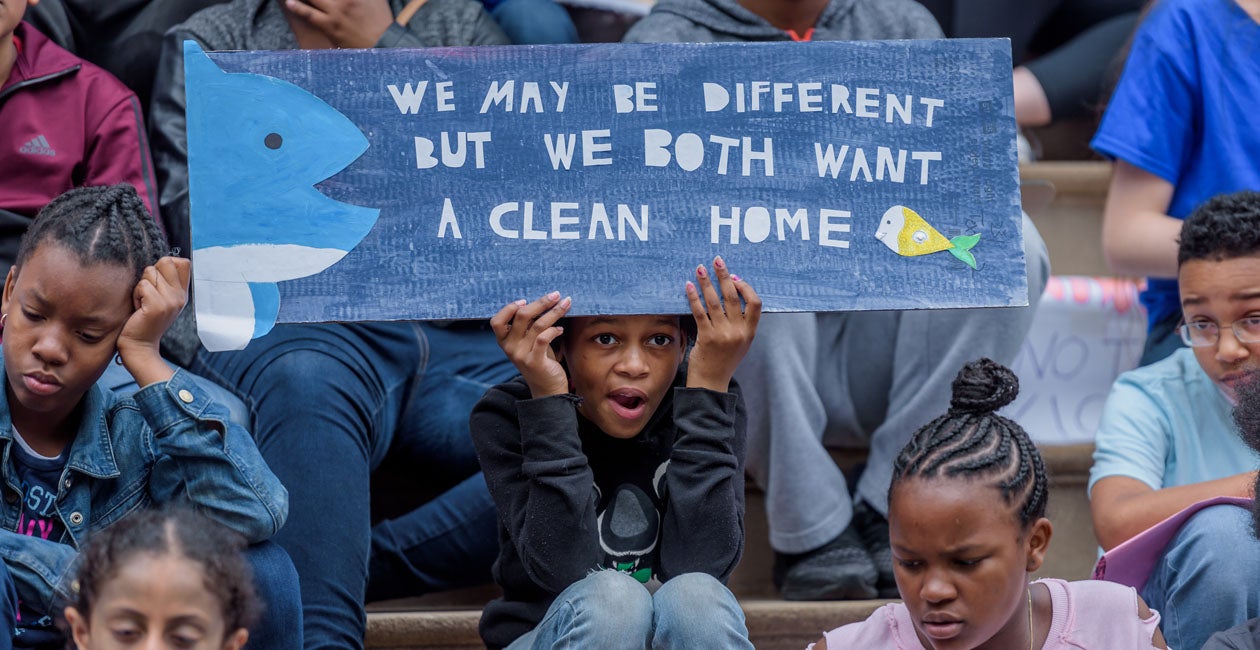Outright bans on plastics have an overall negative effect on the environment, and recycling initiatives make for better solutions, according to an Independent Institute report.
As climate change becomes a larger political issue, more consideration is being given to bans on plastic products. France became the first country in 2016 to ban plastic plates and cups. The entire European Union is currently working to ban single-use plastic products among its members. More than 100 U.S. cities and counties have enacted ordinances that ban or restrict the use of plastic foam containers, packaging materials, and utensils. Bans are the most “effective” way to combat plastic pollution, a Tuesday report by the United Nations stated.

The Daily Signal depends on the support of readers like you. Donate now
However, a new report by the Independent Institute is calling into question the validity of this popular perception.
The Oakland-based think tank recently published “Plastic Pollution: Bans vs. Recycling Solutions,” an analysis on the effectiveness of plastic bans. The study determined the negative environmental consequences of such bans outweigh the benefits. For example, paper substitutes to polystyrene products typically produce more waste, causing greater water and air pollution.
“Biodegradable plastics are not yet a feasible alternative to polystyrene. Nationwide, there are only 113 recycling plants for composting biodegradable plastics and only about 28 accept municipal food scraps,” according to a press release of the report. “In California, half of all major cities have access to Styrofoam recycling, but only 15 percent have access to recycling programs for alternatives.”
The solution? The study finds the most productive strategy in alleviating plastic waste is to encourage recycling innovation. Across the U.S., there are only 113 recycling plants for composting biodegradable plastics.
Half of all major cities in California have access to Styrofoam recycling, but just 15 percent have access to recycling for alternatives, indicating that even one of the most environmentally-minded states is not ready to handle plastic alternatives.
“Private-sector entrepreneurship, not government regulation, will eventually solve the plastic-waste problem,” the authors of the study concluded.
Content created by The Daily Caller News Foundation is available without charge to any eligible news publisher that can provide a large audience. For licensing opportunities for this original content, email licensing@dailycallernewsfoundation.org.































